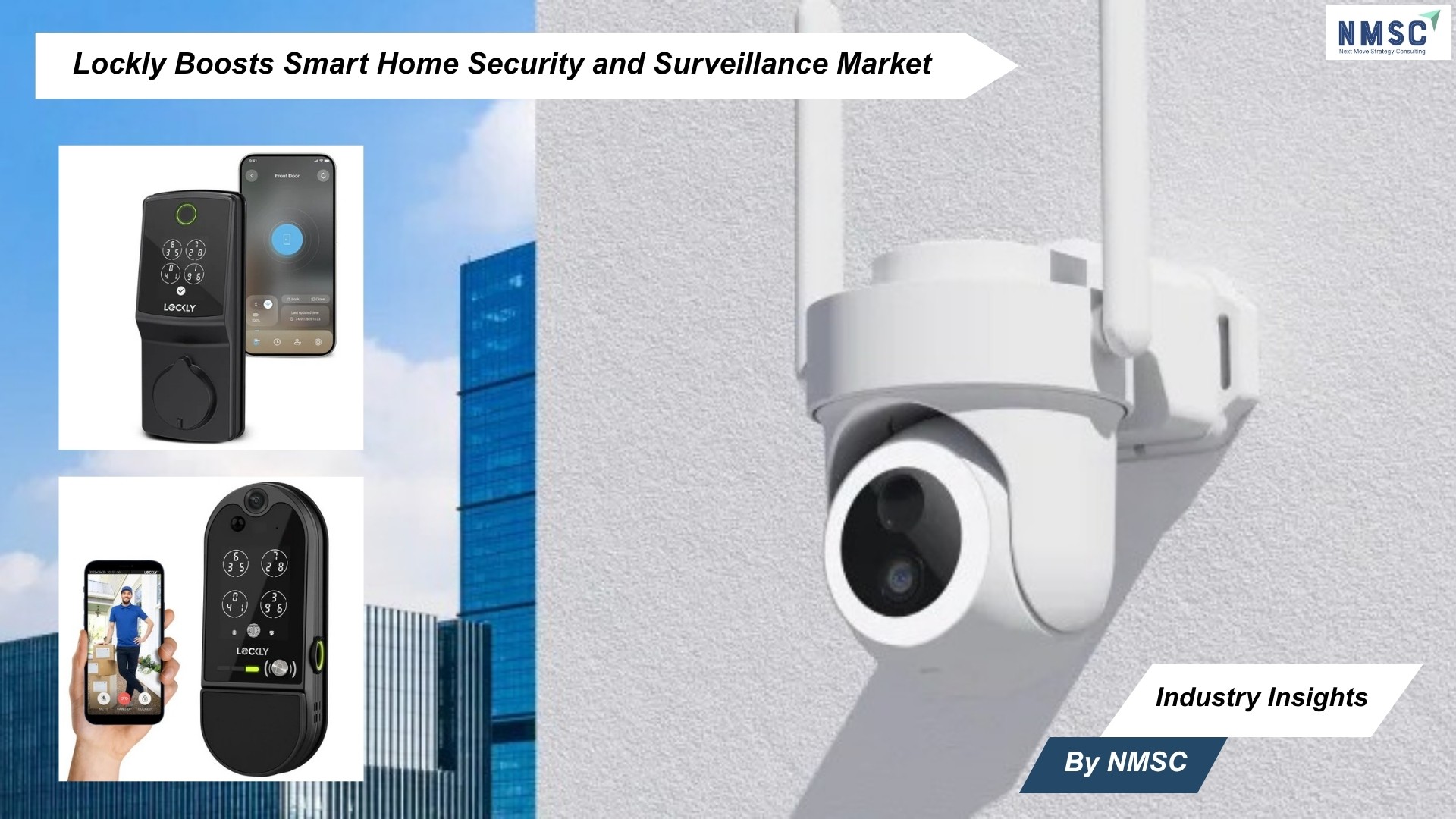Mexico Smart Home Market is Expected to Reach USD 25.50 Billion by 2030
Published: 2025-08-29
The accelerating GDP and rapid urbanization in the region are driving the Mexico smart home demand market during the forecast period.
The Mexico Smart Home Market size was valued at USD 8.23 billion in 2023, and is predicted to reach USD 25.50 billion by 2030, at a CAGR of 17.5% from 2024 to 2030, according to the new research by Next Move Strategy Consulting. The accelerating GDP and robust economic growth serve as pivotal factors in propelling the demand for smart home market. As the economy flourishes, consumers experience heightened purchasing power, enabling them to invest in smart home devices and systems.
A burgeoning middle-class demographic, endowed with disposable income, exhibits a growing inclination towards embracing such technologies for their convenience, energy-saving attributes, and overall enhancement of living standards. Within this favorable economic milieu, abundant opportunities arise for the smart home market to thrive and expand its presence among Mexican consumers.
Moreover, the growing smart home market finds its impetus in the rapid urbanization sweeping across the nation. With nearly 80% of the populace dwelling in urban regions, as per the United Nations Human Settlements Programme, there emerges a heightened demand for smart home technologies among city residents.
Particularly enticing are home automation systems and energy-efficient appliances, that cater to urbanites' aspirations of streamlining daily routines and fortifying security measures. The escalating preference for interconnected and intelligent residences in urban settings serves as a driving force behind the uptake of smart home products, thus facilitating Mexico smart home market growth.
However, the smart home market's expansion faces a significant hurdle due to security concerns and data privacy issues. Within smart homes, interconnected systems such as thermostats, cameras, and door locks are vulnerable to hacking, raising apprehensions regarding residents' privacy and safety.
Weak passwords and inadequate Wi-Fi network security measures amplify this vulnerability. Exploiting these weaknesses, hackers gain unauthorized access, potentially compromising devices or accessing sensitive information. It creates major hurdle in the expansion of smart home market.
On the other hand, the integration of blockchain in smart home devices offers a promising avenue to enhance the security and confidentiality of smart home systems. Recognized for its robust security features and transparent nature, blockchain encrypts and securely stores sensitive smart home data, empowering users to control access to their information and reduce the risk of unauthorized breaches.
By verifying device identities, blockchain ensures that only trusted devices interact within the smart home network, while also automating tasks through tamper-proof smart contracts. As a result, this integration is poised to create abundant opportunities for the Mexico smart home market growth.
Request for a Sample PDF on the Mexico Smart Home Market
Several key market players operating in the Mexico smart home industry include Amazon (Echo/Alexa), Google Nest, Schneider Electric, Xiaomi, Bosch Smart Home, ABB, Lutron, Apple, Toshiba Corporation, Panasonic Corporation, Signify N.V., Whirlpool Corporation, TP-Link, ntrol4, msung Electronics.
Key Insights from the Mexico Smart Home Market Report:
-
The information related to key drivers, restraints, and opportunities and their impact on the Mexico smart home market is provided in the report.
-
The value chain analysis in the market study provides a clear picture of the roles of each stakeholder.
-
The report provides an analysis of the Mexico smart home market share and competitive landscape of key players in the industry.















Add Comment